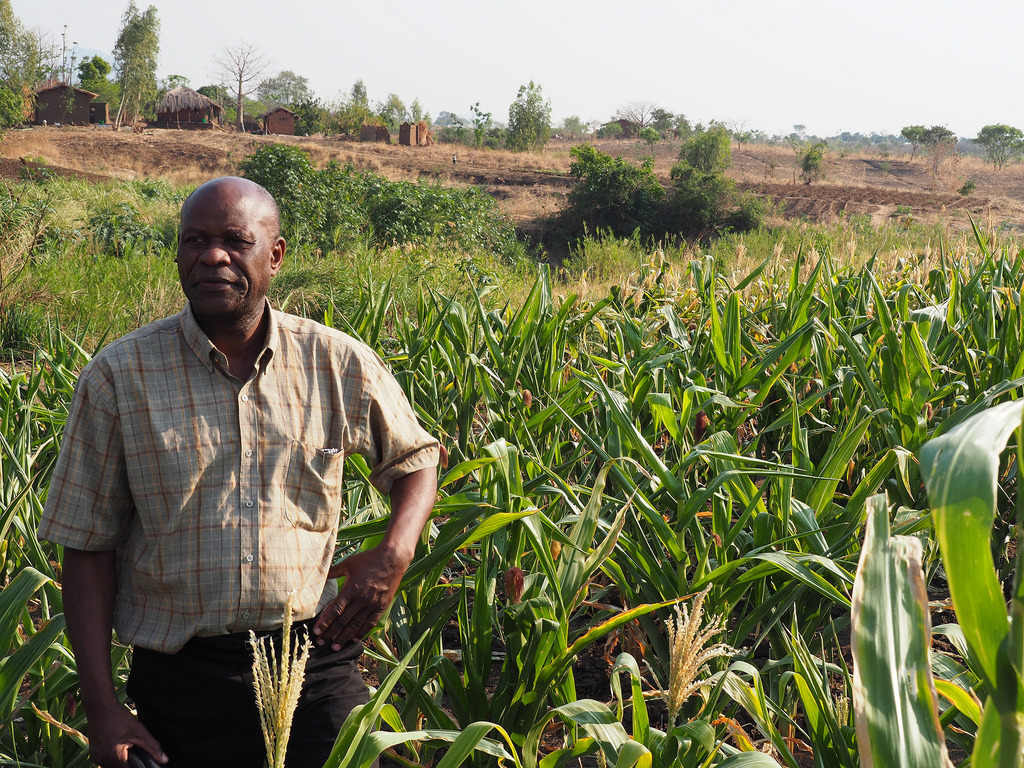IFAD grant for Africans in Latin America helping in greater social and economic inclusion
Afro-descendants are among the most vulnerable populations in Latin America, facing the region’s worst rates of inequality, violence and rural poverty.

Afro-descendants are among the most vulnerable populations in Latin America, facing the region’s worst rates of inequality, violence and rural poverty. A recent IFAD-supported grant worked to challenge these trends, empowering Afro-descendants to exercise their rights, increase their incomes and achieve greater social inclusion.
The US$1,750,000 IFAD grant was awarded to Fundación ACUA, a non-profit organization that works with IFAD in Brazil, Colombia, Ecuador and Peru to promote the empowerment of Afro-descendants. In order to foster greater economic and social inclusion, ACUA supports innovative income-generating initiatives for Afro-descendants and the recovery of cultural knowledge and practices.
The grant financed a wide range of activities, including knowledge-sharing, capacity-building and sustainable cultural entrepreneurship. Participating Afro-descendant communities gained the skills to preserve long-forgotten crops and food traditions by developing small businesses to sell products in larger markets. The grant especially targeted women – who remain the guardians of tradition in Afro-descendant communities – to aid their communities in improving productive capacity and political participation.
“When we started going back to grow traditional plants, men would contemptuously say: Here come those women with their chit-chat about the herbs,” said Teófila Betancurth, president of the Chiyangua Foundation, an Afro-descendant organization supported by ACUA.
“Now that families are making their living out of that, men seek us out to learn about our crops and agriculture techniques,” she said. “Women in our community are food producers, peace-builders and those who care for our environment.”
By prioritizing education among peers, ACUA created opportunities to generate new knowledge. In some cases, this resulted in more productive technologies, such as new machines for processing coconuts. In others, it led to the development of new products, including flour from papachina, a local vegetable, and a pesto made from regional aromatic herbs.
In other cases, new knowledge about biodiversity led to the formation of innovative partnerships. In collaboration with Slow Food, a global organization dedicated to preserving local culinary traditions, over 180 Afro-descendant families joined together to protect the black crab – an important ingredient in local cuisine. As part of a strategy to promote and diversify its use, the families worked with Slow Food to host a Black Crab Festival on the Colombian islands of Providencia and Santa Catalina. There they also created a gastronomic tour for visitors.
By the end of the grant, all 44 cultural enterprises supported by ACUA were considered sustainable, with incomes that had increased by nearly 50 per cent. Additionally, 22 of their products with cultural identity are now being sold in national markets and department stores. The grant also strengthened Afro-descendant organizations, with membership increasing by 24 per cent over the lifetime of the project. In recognition of its achievements, the grant received the IFAD Grant Award for Innovation.
ACUA’s multifaceted approach to overcoming extreme poverty in Afro-descendant communities has been replicated by other development partners, such as the Global Environment Facility, the United States Agency for International Development and the Government of Colombia. Having collaborated with Fundación ACUA, IFAD is one of the first development agencies to directly support Afro-descendant communities.
- READ MORE ON:
- IFAD
- Africans in Latin America
- ACUA
- education
- Afro-descendants










